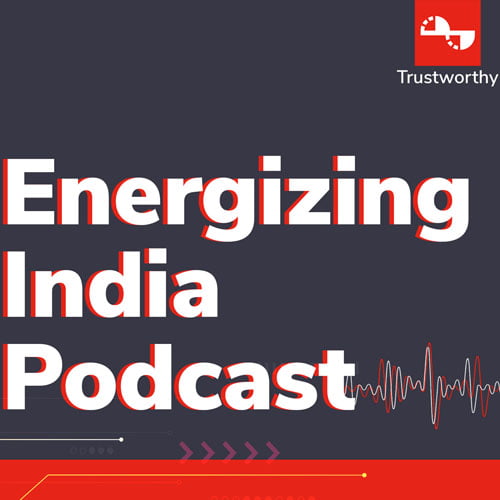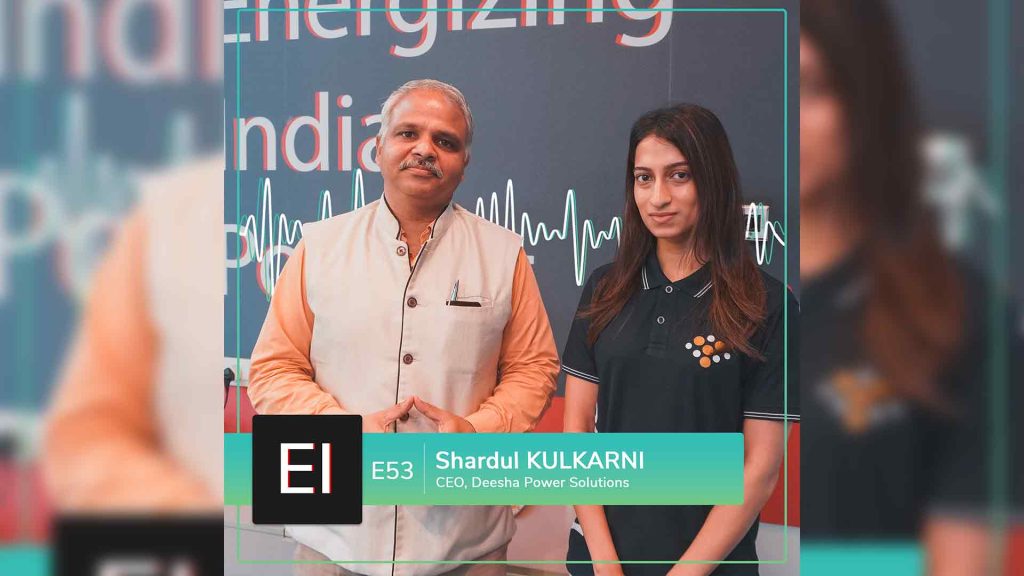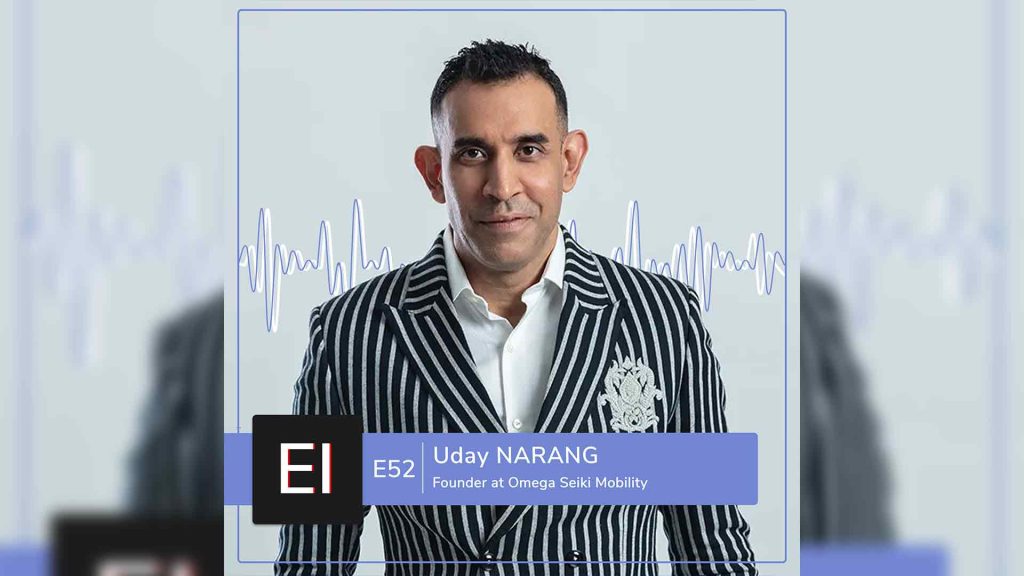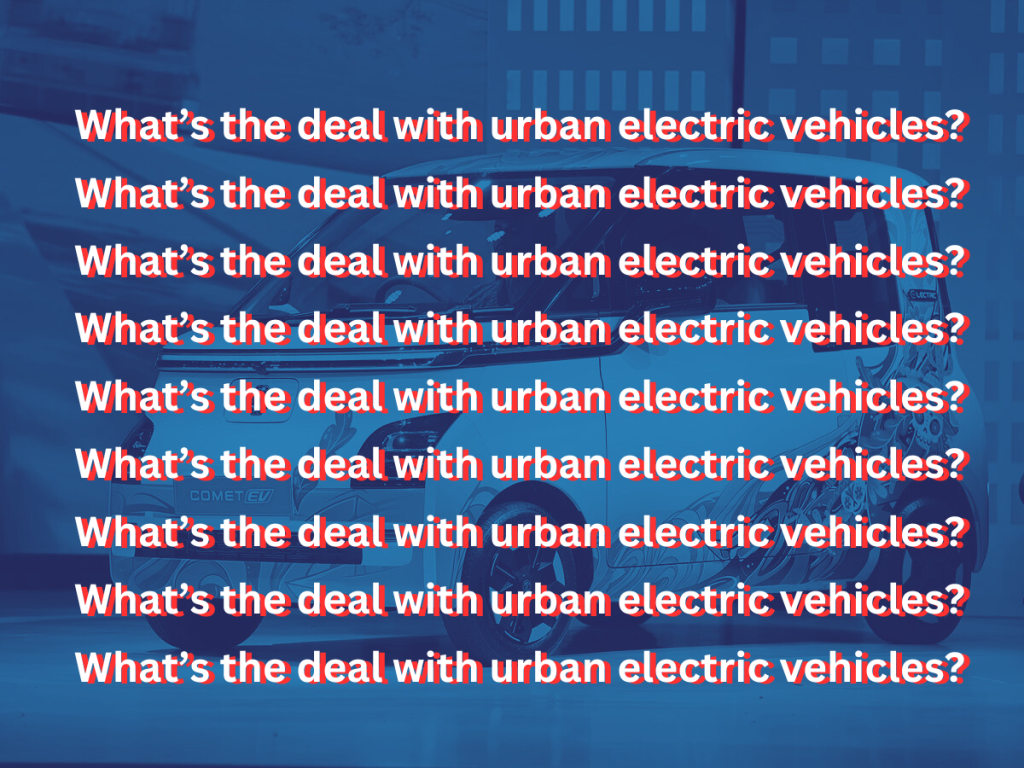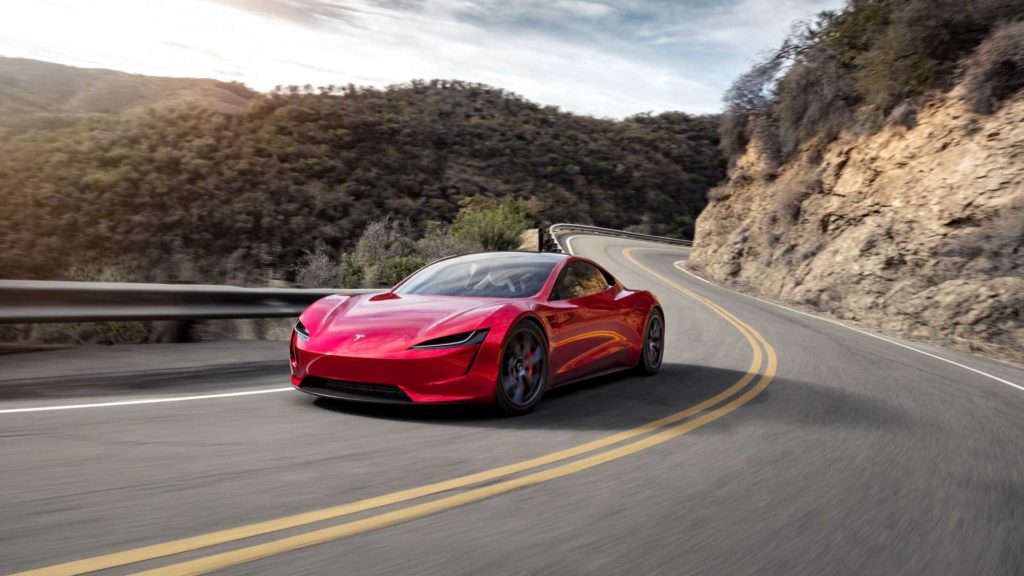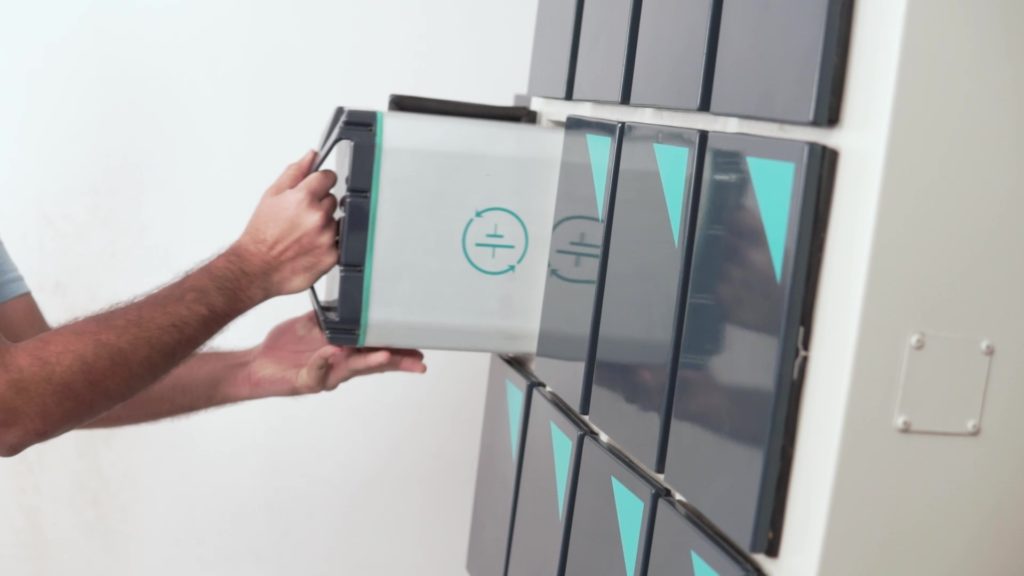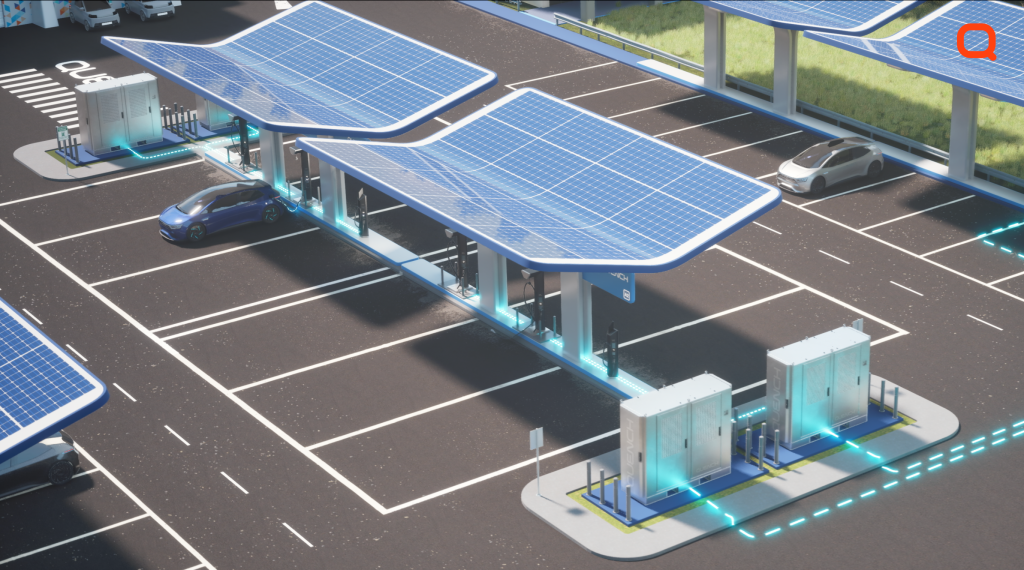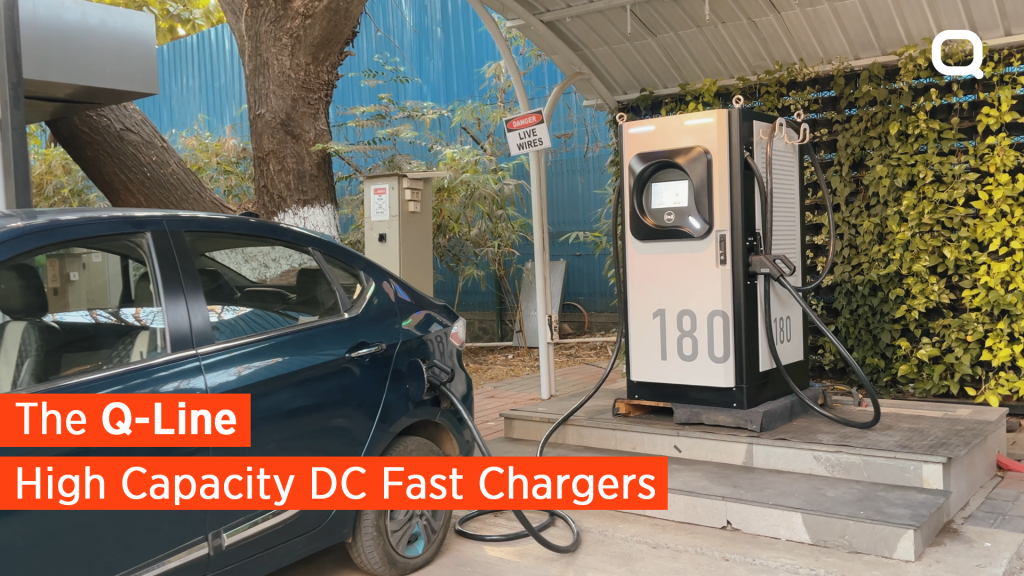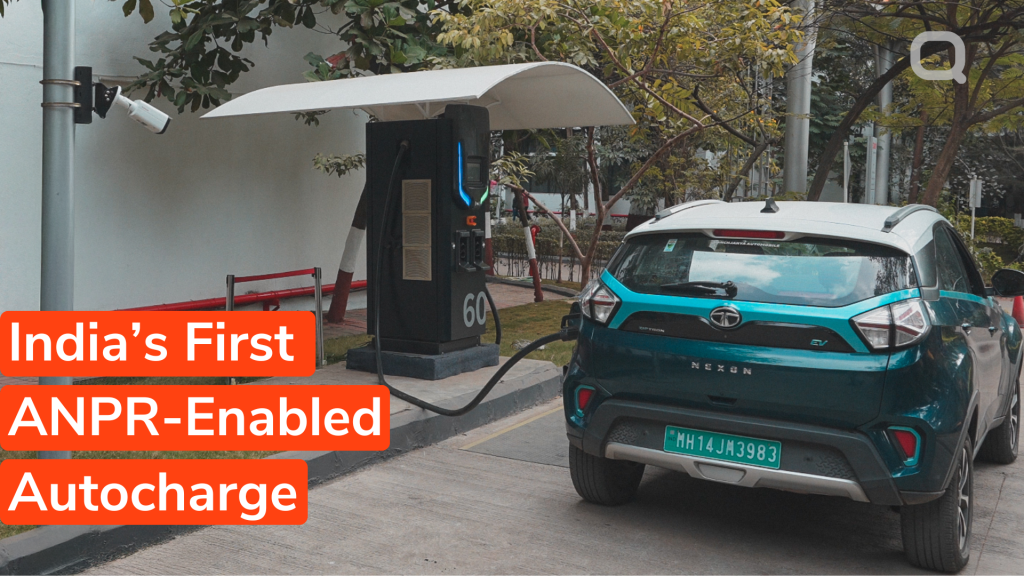The Ministry of Power recommended all regulators and State DISCOMs to exclude charging stations from fixed demand costs until 2025 in its January 2022 recommendations. The state of Tamil Nadu, on the other hand, might experience difficulties because of the new tariff order.
Tamil Nadu has been at the forefront of attracting investments in the production of electric vehicles and associated fields. However, its efforts to accelerate the adoption of electric cars are likely to be derailed by the Tamil Nadu Electricity Regulatory Commission’s (TNERC) recent tariff regulation. TNERC has issued a new rate order for public charging stations in the state. It has put charging stations one level above commercial pricing, which is the state’s most costly structure.
The new pricing structure in Tamil Nadu is divided into peak and off-peak hours. For public charging stations in Tamil Nadu, energy costs per kWh have been set at ₹8, ₹10, and ₹12.
Depending on the time of day
Although the ₹8 slab is identical to the commercial price, it is only valid between midnight and early morning, while the peak hour pricing is ₹12 per kWh, a 49% increase. Operators of public charging stations in the state contend that few people drive or charge electric vehicles at these times.
For public charging stations in states such as Delhi, Karnataka, Maharashtra, Kerala, and Andhra Pradesh, the per kWh fee is fixed in the range of ₹4 to ₹6.7. While the peak hour cost of ₹12 kWh is doable, as operators point out, the set charges established for charging stations are concerning.
Fixed rates for a 50 kW (0-50 kW) connection in Karnataka are ₹70 per month and ₹170 for each extra kW above 50 kW. Some states have no such tariffs, but Maharashtra and Kerala charge just ₹90 for an LT connection.
Not feasible
However, in Tamil Nadu, the charge for a 0-50 kW connection is ₹100 per kW per month, and the rate from 51 kW to 112 kW is ₹300 per kW. Fixed rates for a 49 kW connection are ₹4,900, but if the connection is upgraded to 51 kW, the fee is ₹15,300. So, for an extra 3 kW, the cost increases by ₹10,000.
In addition, if the connection exceeds 112 kW, the fee will be ₹550 per kW. If an operator obtains a 120 kW connection, he or she must pay a set fee of ₹66,000 regardless of how much or how little power the operator consumes.
Operational expense
If the cost structure for a 100 kW connection under a new tariff is calculated, the cost per kW at public charging stations in Tamil Nadu is 17-18 (excluding additional charges). “There are various charges above and beyond this for charging point operators like us. Some of them include AC-DC conversation loss, charger cost, electrical infrastructure, real estate rents, electrical maintenance team, parts, customer support staff, software development, maintenance, and so on,” KP Karthikeyan, CEO & Co-Founder, Zeon Electric, which presently runs more than 70 charging stations (DC fast chargers) in South India and has 10,000 registered customers.
Of course, these are the business sector’s tariffs. But there is a crucial distinction. In other industries, a commercial load of 100 kW will lead to a monthly usage of 20,000-25,000 units. However, according to operators, public charging stations are currently underutilized, with maximum monthly use of around 5,000 units. The new pricing directive will merely compel individuals to choose a lower kW connection of 49 kW or less, resulting in much longer charging times for e-cars. “The entire case for the feasibility of public charging stations would be thrown out the window, perhaps leading to the collapse of current infrastructure in Tamil Nadu,” he added.
EV charging station operators have asked the state government to lower the rate for public charging stations to ₹7 per kWh (still more than other states) and to amend fixed costs to ₹70 per kW. They have also demanded that this pricing be maintained until 2025. “Raising tariffs at this early stage will make it unviable to run a public charging station and it will stall the growth of infrastructure,” said Karthikeyan.
With initiatives from the state and national governments, India’s e-mobility sector is currently in the critical stages of adoption. In this regard, Tamil Nadu has been on the frontline of attracting investments in electric vehicle production and other fields. However, its efforts to accelerate the adoption of electric vehicles are likely to face a major setback in a wake of TNERC’s recent tariff regulation. Because the latest power tariff structure order issued by the regulator is considered a step backward, as the tariff has been quadrupled and is now higher than the commercial tariff.
The next 2-3 years will be critical in terms of EV adoption, and state governments should support the EV ecosystem. So, while competing, DISCOMs would seek more income to help bolster their finances, but the truth remains that if charging stations do not provide viability, investors would lose interest. As a result, raising tariffs at this preliminary phase will make it unprofitable to operate a public charging station and will halt the progress of charging infrastructure, which definitely is demanding state authorities to rethink.


